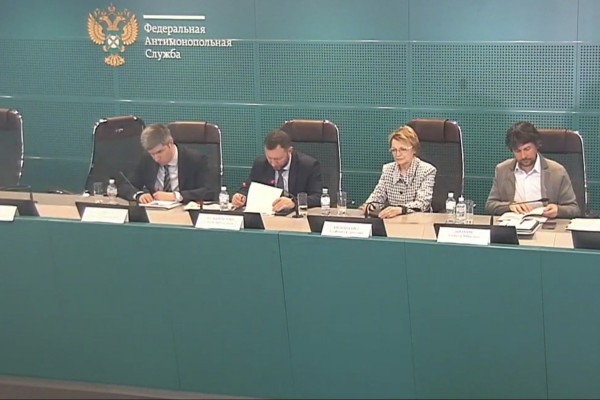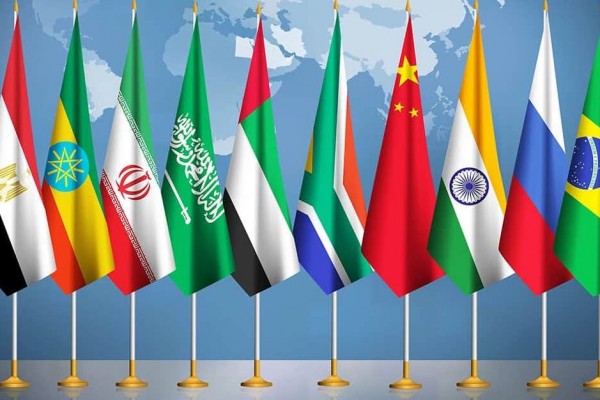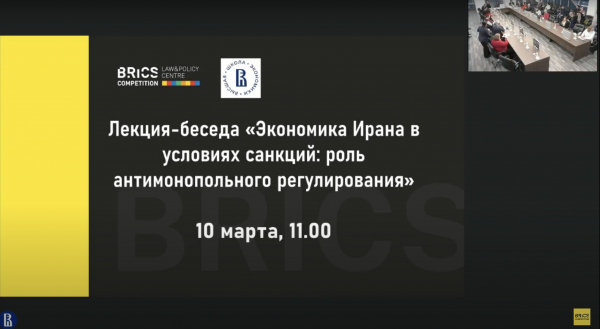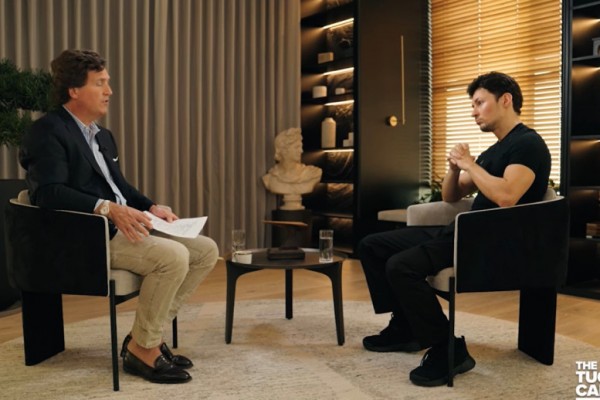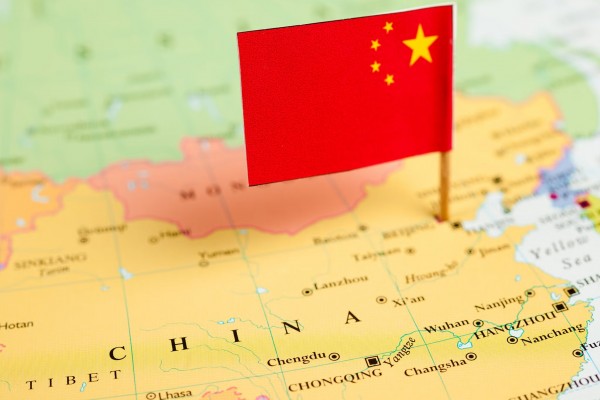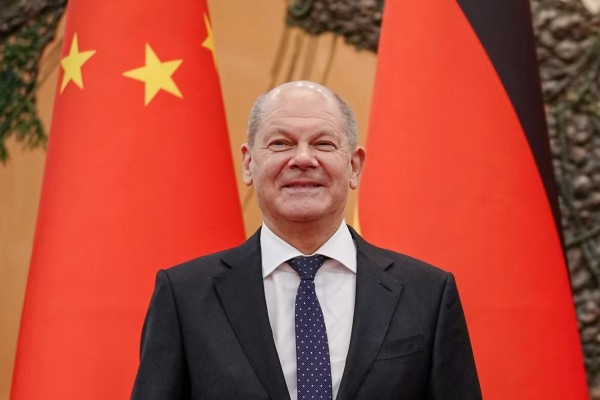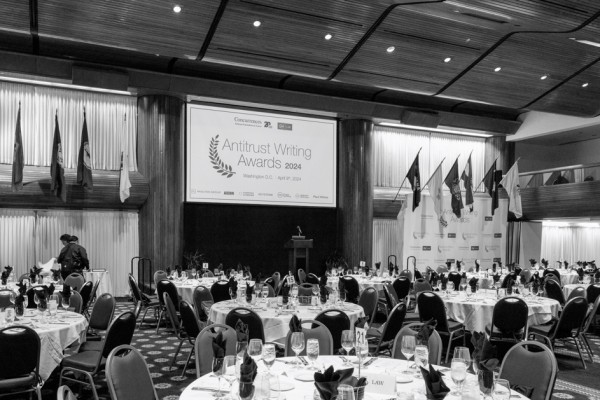Carbon Farming in Kazakhstan: Unlocking the Opportunity
The report discusses how carbon farming and trading can provide a marked contribution to Kazakhstan’s socio-economic development while making it more resilient to climate change and supporting the country’s commitment to combat environmental degradation and climate change. It explores viable options for leveraging
the potential of sustainable land management (SLM) to support Kazakhstan’s net-zero transition and land restoration.
Obersteiner M., Ivanov A., Rovenskaya E.
Our news
Check out our latest news
latest publications
Approaches to Antitrust Regulation of Entrepreneurial Activities of Digital Platform Owners
The article provides a comprehensive analysis of legal framework of antitrust regulators in some jurisdictions during investigations against transaction digital platform owner called Amazon based on abuse of a dominant position on the relevant commodity markets, as well as the conclusion of anticompetitive agreements.
Maslov A.
Russian Competition Law and Economy, 2023 (№4) P.32-43
Russian Competition Law and Economy, 2023 (№4) P.32-43
Judicial Protection of the Right For Account in Russia
The article considers a new issue for the court practice of protection of the right to the account (account) of the Internet platform. The author notes a lack of awareness among citizens and organizations of the methods of protecting their rights and the need to increase access of all persons whose rights are violated to the various ways of protecting this right.
Diskin E. I.
Works on Intellectual Property, Volume 45, Issue 2, 2023, P. 17-24
Works on Intellectual Property, Volume 45, Issue 2, 2023, P. 17-24




